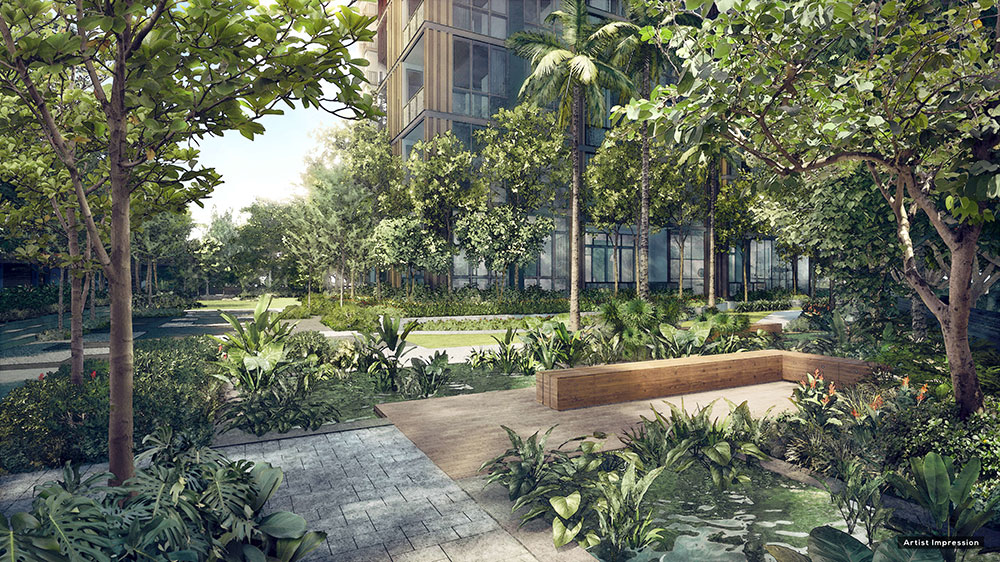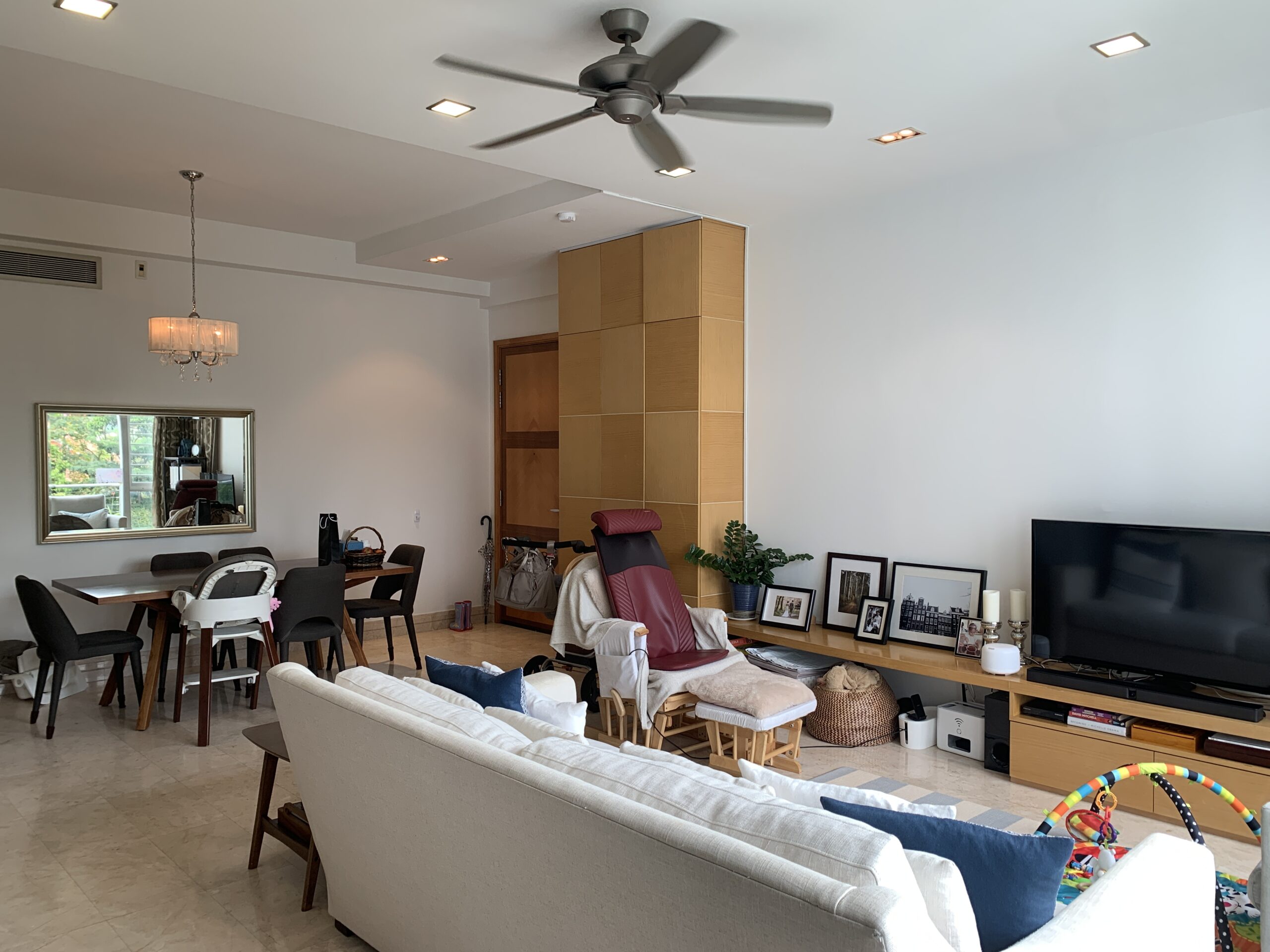N December 2021, potential home buyers were hit by property cooling measures that included higher Additional Buyer’s Stamp Duty (ABSD) rates for all home buyers except Singapore citizens and permanent residents (PRs) buying their first home.
In the Singapore Budget unveiled on Feb 18, 2022, there was bad news for some homeowners – property taxes rates will rise starting from 2023, with high-end homes seeing a steeper increase.
For non-owner-occupied homes, the property tax rate will rise from 10-20 per cent presently, to 11-27 per cent from Jan 1, 2023 and 12-36 per cent from Jan 1, 2024. The annual property tax for a home with an annual value (AV) of S$30,000 will rise from S$3,000 currently to S$3,600 in 2024 while that for a home with an AV of S$150,000 will go up from S$24,000 currently to S$43,200 in 2024.
For owner-occupied homes, the property tax rates for the portion of AV in excess of S$30,000 will rise from 4-16 per cent currently to 5-23 per cent from 2023 and 6-32 per cent from 2024. This increase will impact the top 7 per cent of owner-occupied homes. The annual property tax for homes with AVs of S$40,000 and S$150,000 will go up from S$1,280 and S$12,580 currently to S$1,480 and S$27,980 in 2024 respectively.
Assuming a home held for investment with an AV of S$30,000 gives an investor a net yield per annum of 2 per cent, the estimated net yield will likely be over 1.9 per cent even post a 20 per cent hike in the property tax. If one’s home loan interest rate is around 1.5 per cent per annum, the positive spread between the net yield and borrowing cost remains intact.
The greater pain of the property tax hikes is borne by the owners of more expensive homes, who would generally be expected to have the financial capacity to pay the higher property taxes.
Weakening the attraction
Still, higher property taxes weaken the attraction of homes as a source of recurrent income. With home loan rates potentially rising, one has to be mindful of the cost of borrowing exceeding net rental yield.
Moreover, the pain increases for residential landlords during periods when their units are vacant. As for some asset rich but cash flow poor owner occupiers of homes, the extra property tax payable may be hard to bear.
The annual property tax payable for an owner occupier of a large landed home with AV of S$70,000 increases by S$2,300 in 2024. A homeowner who relies on passive income from Singapore dollar fixed deposits that may yield around 0.6 per cent per annum, would need to have close to S$400,000 in fixed deposits to fund the higher property tax bill.
The AV of buildings is the estimated gross annual rent of the property if it were to be rented out, excluding furniture, furnishings and maintenance fees.
Tying property tax payable to AV can have its quirks. A leasehold home with say 40 years left on its land lease that commands around the same rent as a freehold home may have fairly similar AVs yet the latter is likely to have a much higher capital value. A landed home with a lower net yield may attract a lower AV than a condominium unit which fetches a higher net yield even if both homes have a similar capital value.
Still, such quirks may have little impact on home purchase decisions. Where an investor may be swayed is to possibly invest in commercial and industrial properties instead of homes, as commercial and industrial properties attract a flat property tax rate of 10 per cent of the AV.
As it is, higher ABSD rates for homes may already have led some potential home buyers to shift their focus to commercial and industrial properties.
Indeed the hit taken by homes from higher ABSD rates is probably much greater than that coming from higher property taxes.
Also some residential landlords may be able to mitigate the impact of higher property taxes through charging higher rental rates.
Further tax hikes
Nonetheless, the increase in the rate and the progressivity of property taxes is significant. Holding costs of owning private homes is trending up and may even rise even more in future.
Finance Minister Lawrence Wong said in last week’s Budget speech that Singapore is one of the fastest ageing countries and that ageing will mean an inexorable rise in demand for healthcare and social care.
Minister Wong noted that government spending today, excluding Covid-19 related expenditure, stands at S$88 billion, or about 18 per cent of gross domestic product (GDP).
He expects government expenditures to rise to more than 20 per cent of GDP by 2030, with most of this increase in spending going to healthcare.
As such, I expect that taxes will rise and homes may have to chip in even more to the tax coffers over time. Afterall, levying tax on homes also has the benefit of contributing to tackling wealth inequality.
Could property taxes go up even more or be even more progressive in future? Could there be steeper property taxes for those who own more than one investment home? Might there be a tax on capital gains for transactions of homes that exceed a certain threshold or a new annual tax that is tied to the capital value of a home?
From a financial perspective, many people buy homes here largely for long-term capital gains. A Singapore that has a growing economy, social and political stability, and good infrastructure and security, can underpin long-term price appreciation of homes.
But the draw of growing wealth through owning homes is being dented by higher transaction and holding costs of homes.
For the younger generation, who are at the start of their wealth building journeys, not allocating too much capital to homes may be the way to go.
Source: https://www.businesstimes.com.sg/opinion/higher-property-taxes-further-dent-the-investment-case-of-owning-singapore-private-homes








